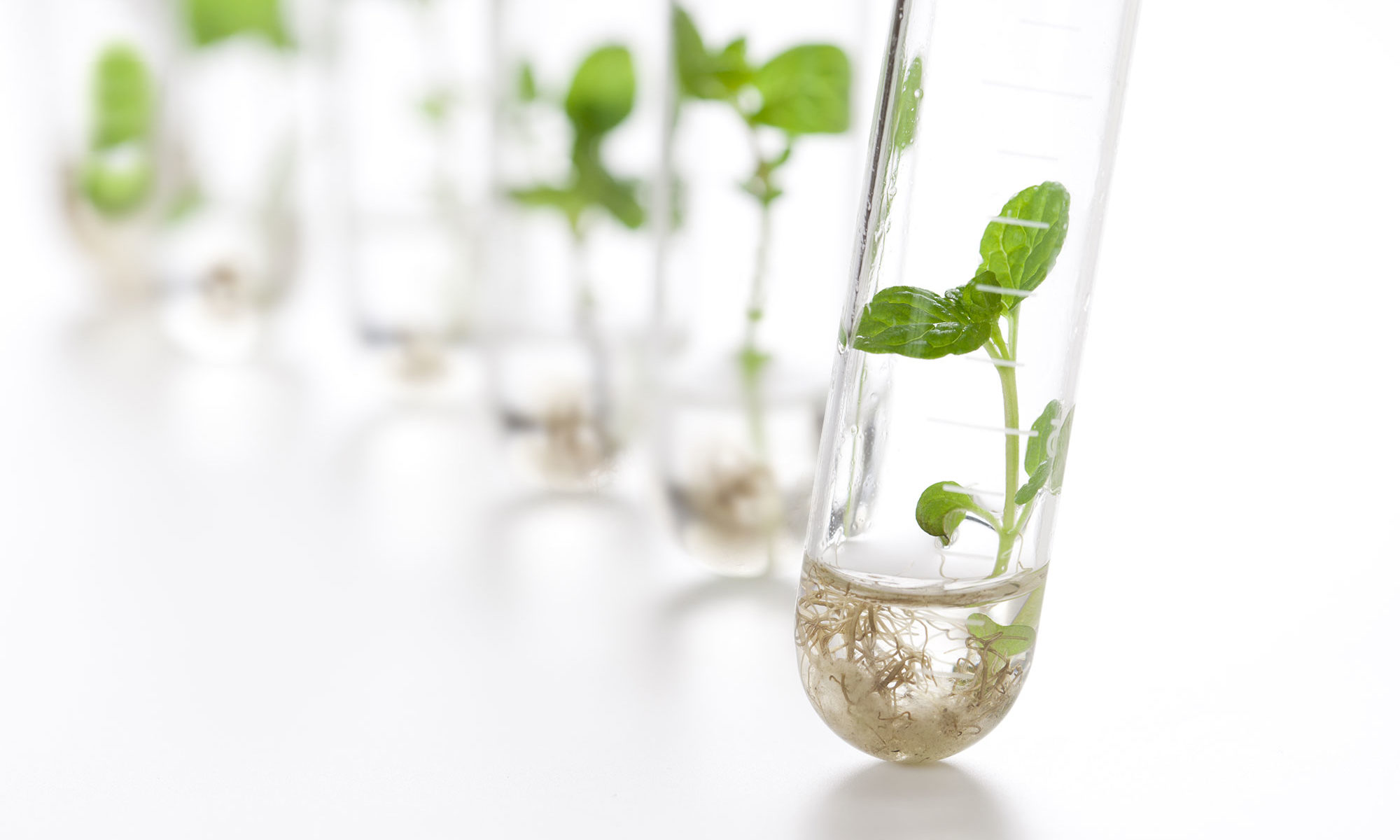The report states that 26 countries (21 developing and 5 industrialized countries) planted 191.7 million hectares of biotech crops last year, which added 1.9 million hectares to the record of plantings in 2017.
More diverse biotech crops with various traits became available in the market in 2018, such as non-bruising potatoes, non-browning apples, as well as high oleic acid canola and safflower. In Asia, Indonesia planted a drought tolerant sugarcane for the first time.
Despite strong acceptance of biotech crops in the rest of the world, the situation in the EU did not change. There was no change in the regulation, there was no approval for cultivation in sight, and movement against biotech crops was still strong. Only Spain and Portugal adopted biotech maize in 2018 to control an infection with European corn borer.
By tackling challenges such as pests, diseases and changing climatic conditions, whilst reducing water usage, greenhouse gas emissions and other inputs, biotech crops are helping to meet UN Sustainable Development Goals including hunger, malnutrition and climate change, ISAAA says.



